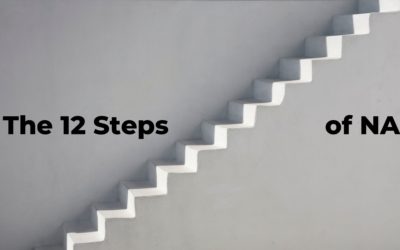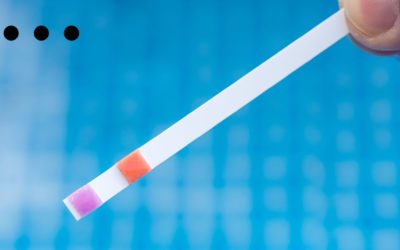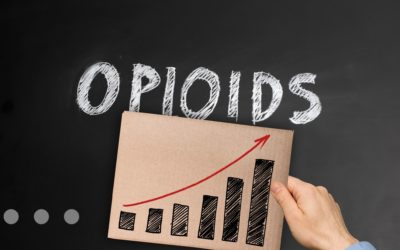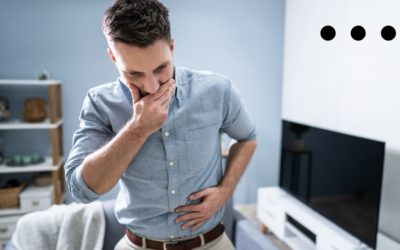The opioid crisis continues to devastate communities across the United States, claiming the lives of over 80,000 people annually. As efforts to address this epidemic persist, harm reduction strategies are critical in saving lives and reducing the negative consequences...
Opioids
Opioid addiction treatment is a complex process that requires a multifaceted approach to be successful. In order to successfully treat opioid addiction, a combination of medication, psychotherapy and lifestyle changes are necessary.
Medication-assisted treatment (MAT) is the most common method of opioid addiction treatment and involves the use of medications such as buprenorphine, methadone and naltrexone to reduce withdrawal symptoms and cravings. These medications work by blocking the effects of opioids, helping to reduce cravings and allowing addicts to focus on other aspects of their recovery. MAT has been proven to be an effective treatment for opioid addiction and has been shown to reduce relapse rates and improve outcomes for those in recovery (Dowell, Haegerich, Chou 2016).
Psychotherapy is another important component of opioid addiction treatment. Cognitive-behavioral therapy (CBT) is the most common form of psychotherapy used to help addicts understand their triggers and behaviors, develop coping skills and develop a positive support system. Group therapy is also beneficial for those in recovery, as it provides a safe and supportive environment for addicts to share their experiences and struggles (Kaminer, 2019).
Finally, lifestyle changes are also essential for successful opioid addiction treatment. Diet, exercise, and stress management can all help to reduce cravings and improve overall physical and mental health. Additionally, engaging in activities such as yoga, mindfulness and meditation can help to reduce anxiety and depression, both of which are common among those in recovery (Weerts, et al., 2019).
By utilizing these components, those in recovery can reduce cravings, increase their chances of successful recovery, and improve their overall physical and mental health.
Explore the articles below for more information, resources, and insight on opioid addiction, treatment, and recovery.
References:
Dowell, D., Haegerich, T., Chou, R. (2016). CDC Guideline for Prescribing Opioids for Chronic Pain — United States, 2016. MMWR. Recommendations and Reports, 65(1), 1-49.
Kaminer, Y. (2019). Psychotherapy for Opioid Use Disorders. Psychiatric Clinics of North America, 42(3), 437-444.
Weerts, E., Brady, K., Li, S., & Back, S. (2019). Non-pharmacological interventions for opioid use disorder. Current Opinion in Psychiatry, 32(4), 263-269.
How Long do Opioids Stay in Your System?
How long opioids stay in your system is influenced by various factors. One of the most important ones is its half-life, a term we’ll explore later in the article. But things like body composition, history of drug abuse, and even the type of opioid you’re using plays a...
The 12 Steps of NA: A Guide To Seeking Help
Narcotics Anonymous (NA) is a 12-step program for people who have struggled with addiction to “narcotics” (which technically refers to opioids, but to the general public has come to mean any and all drugs that aren’t alcohol). Like AA, Narcotics Anonymous is designed...
How fentanyl test strips could save lives
In 2021 there were over 107,000 reported drug overdose deaths. The primary cause of those deaths also lies at the heart of the country’s drug epidemic: fentanyl, a powerful synthetic opioid that’s both cheap and widely available. It’s so pervasive that one state found...
How to Get Narcan: A Lifesaving Medication
Opioid overdoses, particularly those involving synthetic opioids such as fentanyl, take thousands of lives every year in the U.S. Narcan is a lifesaving medication designed to counteract the effects of opioid overdoses quickly. Having widespread access to Narcan could...
“Rainbow Fentanyl Pills” Are They Really Aimed At Children And Teens?
The opioid epidemic spreads across the U.S., claiming tens of thousands of lives yearly. Synthetic opioids, in particular, claim the most lives. In 2021, there were 71,000 synthetic opioid-related overdose deaths, and most of those deaths involved fentanyl. As if...
Opioid Addiction Recovery: How to Get Your Life Back to Normal
Opioid addiction, sometimes referred to as opioid use disorder (OUD), is a lifelong illness that can strike anyone. In actuality, opioid addiction affects millions of Americans. Addiction is treatable, just like the majority of other chronic diseases. There is help...
Managing Suboxone Side Effects: How To Stop Throwing Up
Suboxone is a prescription drug proven to be highly effective in treating opioid addiction as part of medication-assisted treatment (MAT). It’s a triple-hitter that helps with minimizing withdrawal effects, managing cravings, and disincentivizing future opioid abuse....
Opioid Overdoses Surge During COVID-19 Pandemic
A couple of months into 2020, the world very quickly gained an understanding of just how real and just how serious the coronavirus pandemic is. As efforts were directed to preventing the spread of this potentially deadly condition, newly released data leaves us...
Choosing A Rehab for Opioid Withdrawal
Anyone who has seen or experienced opioid withdrawal understands how intense the cravings and physical symptoms can be. They also understand why it can be so difficult to get through the first days of recovery alone - without relapsing. Hence, why any professional...
Submit your favorite sober brand to be featured in AT Magazine.
We want to know if you love a brand, company, or organization that you feel has helped you in your sobriety! Provide the name and URL for the brand, as well as why you love this brand. Brands can include anything from non-alcoholic beverages and sober merchandise companies to recovery bloggers and influencers.










